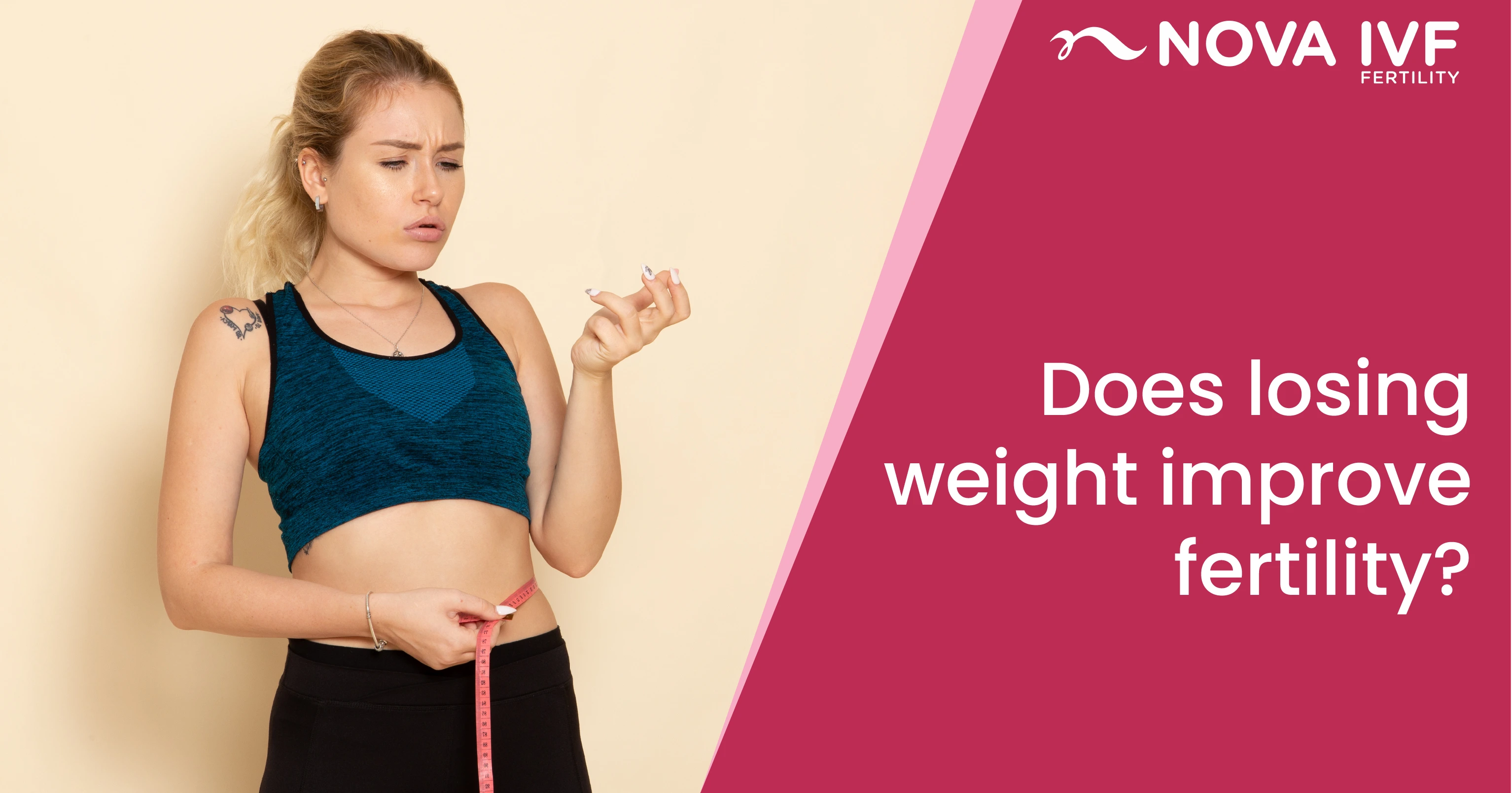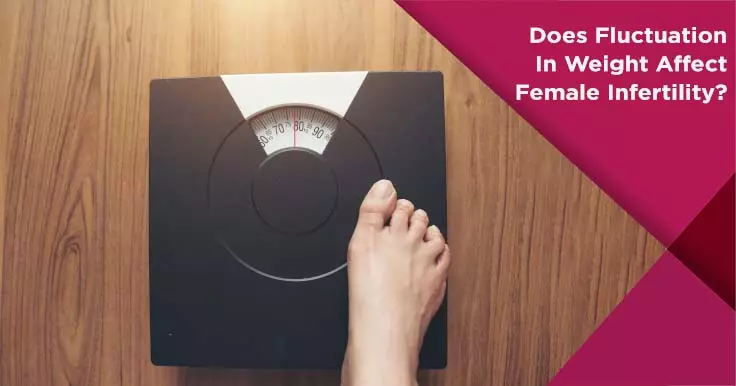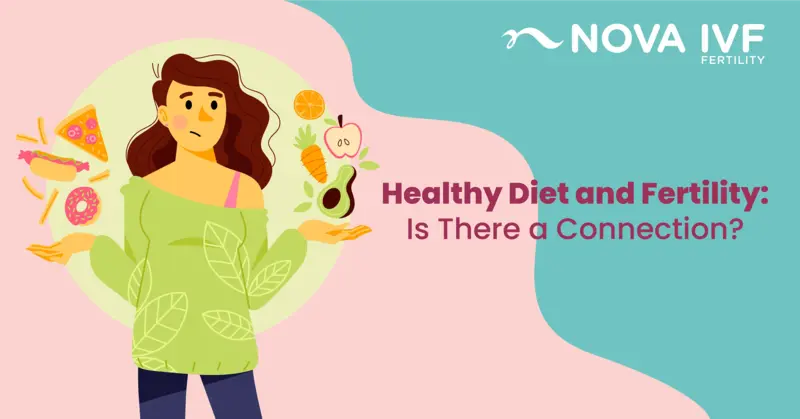Can Losing Weight Improve Your Fertility? What You Should Know

It might be surprising for many people that being on the wrong side of an ideal body weight can have a negative impact on your fertility. Obesity can create changes in the hormonal balance of your body and can affect the menstrual cycle and ovulation. If the menstrual cycle and ovulation are not normal, it will reduce your chances of getting pregnant.
If losing excess weight for getting pregnant isn’t convincing you, let us look at the many ways excess body weight can interfere with your fertility.
- In obese women , excess body fat is associated with chronic oligoanovulation and infertility due to increased insulin levels and increased androgen concentration (male hormone)
- There is now emerging evidence that male obesity impacts negatively on male reproductive potential not only reducing sperm quality, but in particular altering the physical and molecular structure of germ cells in the testes and ultimately mature sperm
How to Lose Your Excess Weight?
If your BMI is 25 or more, your doctor will ask you to lose some weight in order to regulate ovulation and boost fertility. 150 minutes of activity per week in a way to include it easily into your lifestyle is advisable. However, your gynaecologist must approve all the exercises you want to do. Excessive exercising can also have adverse effects as it will put more stress on your body and will eventually interrupt with your ovulation.
Things to Remember Before Dieting
In a desperate measure to lose weight, people will start to attempt all kinds of fad diets. But restricting yourself completely of one food group might have more harmful effects than you think. For example, a diet with a restrictive intake of carbohydrates will slowly act as a barrier to pregnancy since they do not contain a sufficient amount of natural folic acid.
 Infertility Counselling
Infertility Counselling Female Infertility Treatment
Female Infertility Treatment Andrology Treatment
Andrology Treatment Fertility Enhancing Surgeries - Female
Fertility Enhancing Surgeries - Female Fertility Enhancing Surgeries - Male
Fertility Enhancing Surgeries - Male Endoscopy Treatment
Endoscopy Treatment IUI Treatment
IUI Treatment IVF Treatment
IVF Treatment ICSI Treatment
ICSI Treatment Advanced IVF Solutions
Advanced IVF Solutions Embryology
Embryology Vitrification Egg, Embryo, Sperm Freezing
Vitrification Egg, Embryo, Sperm Freezing Preimplantation Genetic Testing (PGT)
Preimplantation Genetic Testing (PGT) Donation Program Embryo / Egg / Sperm
Donation Program Embryo / Egg / Sperm Self-cycleTM IVF
Self-cycleTM IVF

 Self-cycleTM IVF
Self-cycleTM IVF









